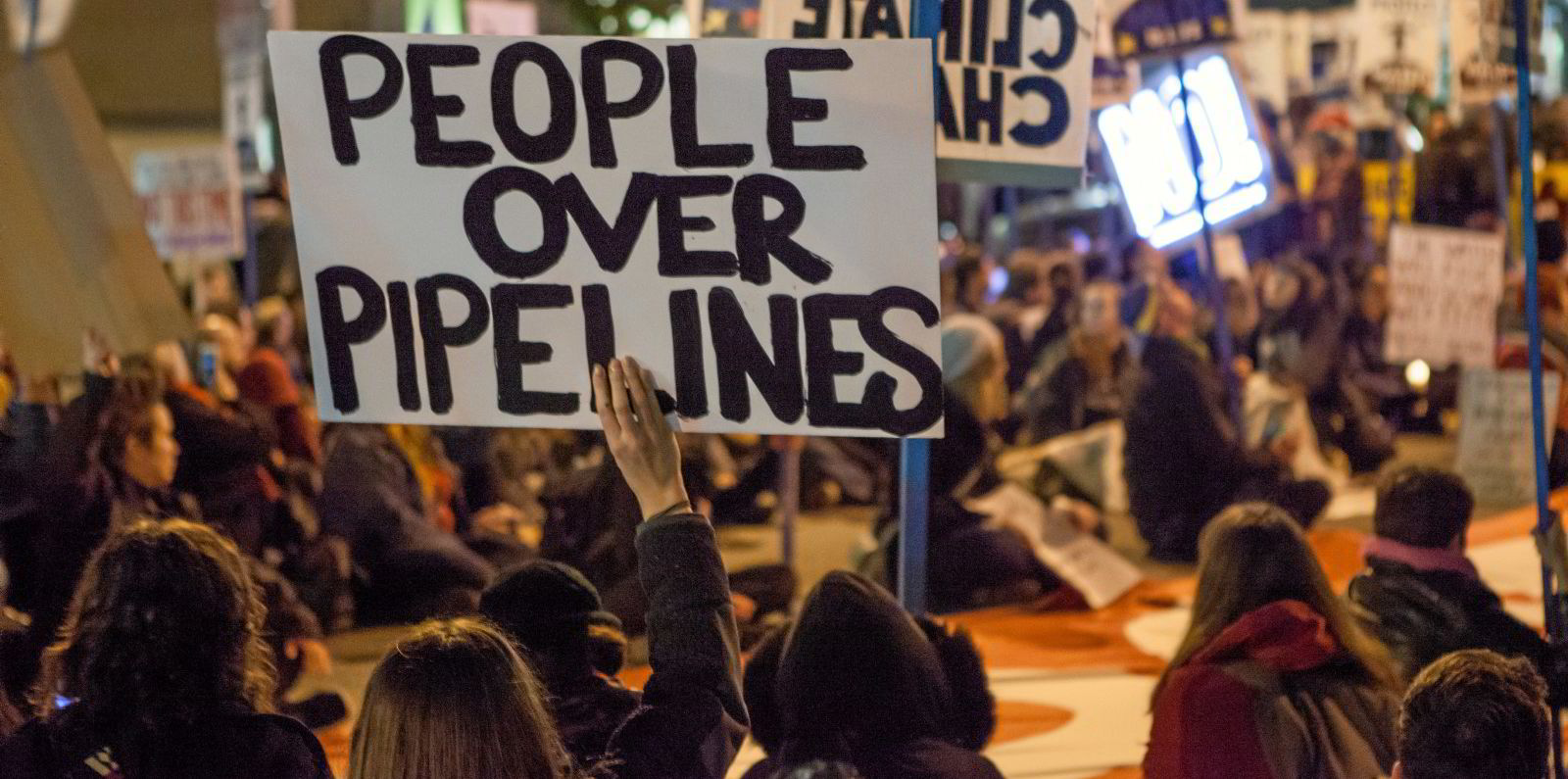US President Joe Biden has brought positive news to tankers owners by revoking the permit for Keystone XI pipeline project, a move that analysts say could boost seaborne crude trade.
On 20 January, the day of his inauguration, Biden signed an executive order to block the controversial project aimed at transporting 830,000 barrels per day (bpd) of Canadian crude to Texas for exports.
“Longer-term, Biden’s anti-pipeline policies may also be positive for tankers,” Arctic Securities’ senior oil and tanker analyst Ole-Rikard Hammer said. “US Gulf refiners will have to look to more seaborne heavy sour crude imports.
“Meanwhile, Canadian producers are more likely to focus on expanding domestic pipelines in order to directly export global markets overseas, a positive for tanker demand,” he said in a note.
First proposed in 2008, the cross-border, 1,947km pipeline from Alberta, Canada, to Nebraska, in the US, is designed to be a branch of the existing Keystone system that ends at Port Arthur, Texas.
But Keystone XI has faced strong opposition from environmentalists due to its potential impact on climate change, before finally being rejected by the Obama administration in 2015.
Economic benefits
Former president Donald Trump, however, had reversed the decision in 2017 for the project’s economic benefits.
Brokerage Poten & Partners tanker research head Erik Broekhuizen expects Biden’s move to prompt Canadian oil producers to focus more on other pipelines.
Government-owned Trans Mountain pipeline, which runs from Alberta to the British Columbia coast, is seeking to expand its capacity to 890,000 bpd.
“Most of the additional production out of Canada will be headed for the export markets outside of the US,” Broekhuizen said.
“Asian markets, in particular China, can be reached via shipments through the Trans Mountain pipeline.”
Meanwhile, the ongoing project to reverse the flow of the Capline pipeline could also bring additional Canadian crude to the US Gulf in 2022.
“Chances are that the tanker industry will benefit from more Canadian crude, one way or another,” Broekhuizen said.




